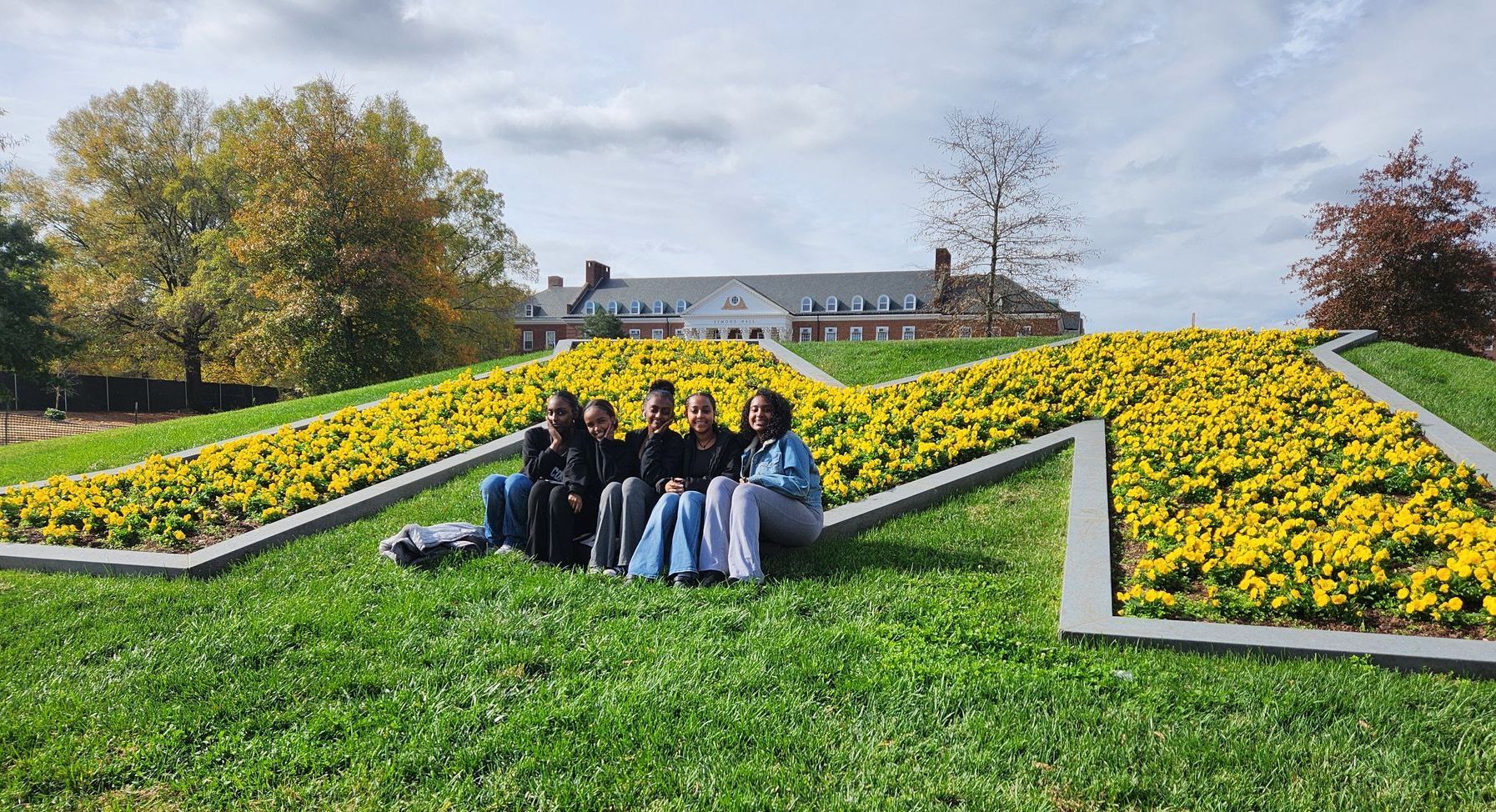
Youth In Transition
INSPIRE, “Work Readiness Program”, 2010
Nonprofit Organization: The Latin American Youth Center (LAYC)
Project Description: The project provided work skills development, academic support, internships, job placement, case management and life/leadership skills development to 50 young adults aged 16-24, who were pregnant/parenting or living in foster care.
LAYC partnered with arts organizations, Pyramid Atlantic and the Dance Exchange, which served as internship sites. LAYC also utilized the resources of the Montgomery County Department of Recreation and other referral and employment partners.
Career Immersion Day, 2011
Nonprofit Organization: Future Link
Project Description: Grant was for Career Immersion Days at four corporate sites:
Washington Adventist Hospital, Marriott, Kaiser Permanente, and Sodexho. Youth learned about a variety of careers (from mail room to board room) and opportunities for employment. In addition, these immersion days linked local corporations to hard working youth wanting to excel at in-demand careers.
Transitioning Youth Retail Project (TYRP), 2014 – 2015
A parent’s testimony: “Henry is loving working at Sears and is so proud of himself for now being able to take the bus by himself, and forbeing a working man. . . This internship has absolutely changed his ourtlook on life. He has grown leaps and bounds.
What a wonderful program! – his mom"
Nonprofit Organization: The Arc of Montgomery County
Project Description: TYRP was a program designed to improve the lifelong employability of 24 young adults, ages 18-24, with mild intellectual and developmental disabilities, who were ineligible for public funding and unable to access services.
A rigorous 10-week program of classroom training, experiential learning and internships progressed from broad work and life skills to more specific hands-on tasks in a supportive environment, and finally to maximally independent work in a fully inclusive commercial environment. The segments were designed to become less structured and more inclusive at each stage, allowing inexperienced young workers to adapt confidently to adult life and work.
The Arc also engaged youth in textile recycling. Youth learned and practiced warehousing, sorting and machinery operation skills. These skills complemented TYRP’s emphasis on training in retail operations. By roadening these young people’s skill sets, they increased the range of competitive employment opportunities.
Textile recycling also offered a regular income stream for The Arc which helped move the organization towards greater budget self-sufficiency for the project.
The 3-L Academy (Live, Learn and Lead), 2012-2017
Lead Partner Organization: Center for Adoption Support and Education (C.A.S.E.)
Partner Organizations: Crittenton Services, Future Link, Latin American Youth Center and YMCA Youth and Family Services
Project Description: This was an interdisciplinary project serving 20 foster care youth ages 18-24 in Montgomery County. Goals of the project included having participants obtain their GED or enroll in post-secondary education, obtaining an internship or job within months of completing the project, and developing specific educational and career plans. 3L formed informal community partnerships with Interfaith Works (provided housing counseling) and Career Catchers (offering career counseling to members in Gaithersburg.
Full Circle Brotherhood, 2013 – 2019
Lead Partner Organization: Latin American Youth Center (LAYC)
Partner Organizations: YMCA Youth and Family Services
Project Description: Full Circle Brotherhood was an innovative project with a multi-generation approach to youth development that linked two sets of young men in need of support services.
The focus was on young men, ages 16-24, in Montgomery County, who were "disconnected”: those not working, no high school degree, not enrolled in school and with limited, if any, caring adults in their lives. In turn, these 10 young men were trained as mentors to offer prevention and diversion activities to 15-20 younger males with similar backgrounds. Mentorship support was offered to middle school aged boys from White Oak Middle School.
Mentor training included classroom management, effective discipline, working with English as Second Language (ESL) populations and special needs students, curriculum development, team building, conflict resolution and more.
Mentors met with mentees regularly to lead workshops, provide homework help, work on community service activities, engage in media projects, and enjoy field trips and sports activities together.
In addition to preparing mentors for future youth development work and job training, the mentors benefitted from a variety of wrap-around support services such as GED preparation and on-going case management.
Mentors were primarily selected from the Montgomery County Conservation Corps (MCCC) program which provided older disconnected youth with real work experience and prepared them to be viable candidates for educational and employment opportunities.



